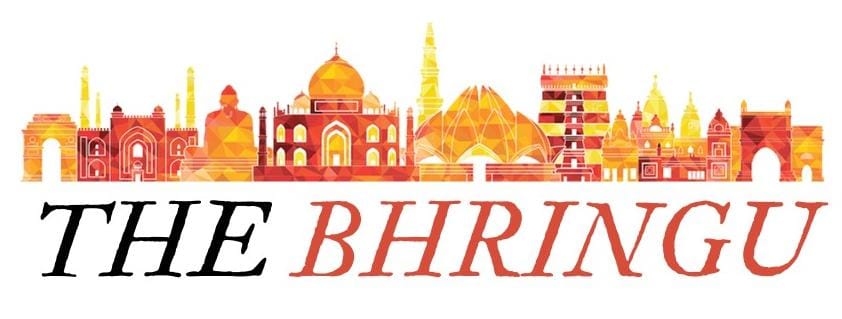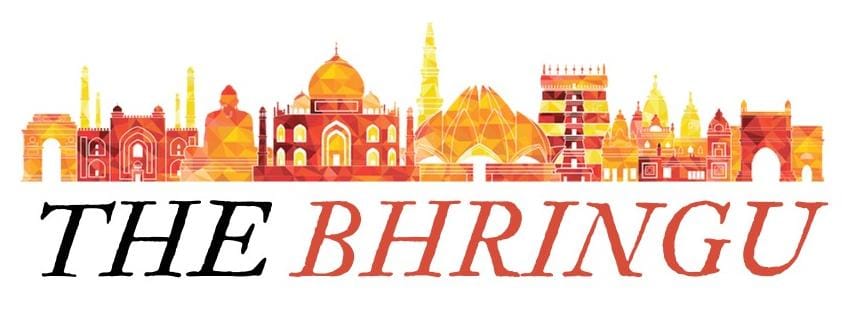Urban micro enterprises play a vital role in the economy of a country. They are small businesses that are owned and operated by individuals or families, with a limited number of employees. These enterprises are often located in urban areas and serve local communities by providing essential goods and services. However, these businesses face many challenges, such as limited access to financing and lack of access to markets. To address these challenges, many countries have implemented schemes such as the Scheme of Urban Micro Enterprises (SUME).
The Scheme of Urban Micro Enterprises (SUME) is a government-funded initiative that aims to support the development of urban micro enterprises. It was launched in India in 2009 by the Ministry of Housing and Urban Affairs (MoHUA). The scheme aims to provide financial assistance to micro-enterprises in the urban areas of the country. The main objective of the scheme is to provide financial assistance to these businesses to improve their productivity, competitiveness, and sustainability.
SUME is targeted towards businesses that are operating in the informal sector and have a turnover of less than INR 10 lakhs per annum. Under this scheme, micro-enterprises can avail of a loan of up to INR 10 lakhs at a subsidized interest rate of 7% per annum. The loan is provided by banks and other financial institutions that have been identified by the MoHUA.
The scheme provides financial assistance for a variety of purposes, such as the purchase of machinery and equipment, working capital, and construction or renovation of business premises. The loan amount is provided in stages, and the borrower is required to contribute a certain percentage of the project cost. The repayment period for the loan is typically five years, with a moratorium period of six months to one year.
Apart from financial assistance, the scheme also provides business development support to micro-enterprises. This support includes training and capacity building, market linkages, and access to technology. The scheme also encourages the formation of Self-Help Groups (SHGs) and promotes the participation of women in the micro-enterprise sector.
The SUME scheme has been successful in providing financial assistance to micro-enterprises in urban areas. According to a report by the Ministry of Housing and Urban Affairs, the scheme has provided financial assistance to over 5,00,000 micro-enterprises since its inception. The scheme has also contributed to the creation of employment opportunities and the development of entrepreneurship in urban areas.
The Scheme of Urban Micro Enterprises (SUME) has been implemented in various cities across India, including Mumbai, Kolkata, Chennai, and Bengaluru. The scheme has played an important role in supporting micro-enterprises in these cities, especially those that operate in the informal sector.
Micro-enterprises that have benefited from the SUME scheme include small food businesses, street vendors, tailoring units, and handicraft businesses. These businesses often face challenges such as limited access to formal credit and high-interest rates, which the scheme has helped to address.
The scheme has also contributed to the creation of employment opportunities, particularly for women and marginalized communities. Women make up a significant portion of micro-enterprises in urban areas, and the scheme's emphasis on promoting their participation has been instrumental in creating new opportunities for women entrepreneurs.
In addition to financial assistance, the scheme provides business development support, such as training and capacity building, market linkages, and access to technology. These services are designed to help micro-enterprises improve their productivity, competitiveness, and sustainability.
One of the key benefits of the SUME scheme is that it helps to formalize informal businesses. Informal businesses operate outside the formal regulatory framework and often lack legal recognition, making it difficult for them to access formal credit and markets. By providing financial assistance and business development support, the scheme encourages informal businesses to formalize, which not only helps them access formal credit and markets but also provides them with legal recognition and protection.
The SUME scheme is a model that other countries can learn from. Urban micro-enterprises are essential for the growth and development of urban areas and the economy as a whole. By providing financial assistance and business development support, governments can help these businesses overcome the challenges they face and realize their full potential. This, in turn, can contribute to the growth of local economies and the creation of employment opportunities.
In conclusion, the Scheme of Urban Micro Enterprises (SUME) is a government-funded initiative that aims to support the development of micro-enterprises in urban areas. The scheme provides financial assistance, business development support, and promotes the participation of women in the micro-enterprise sector. The scheme has been successful in providing financial assistance to micro-enterprises and has contributed to the development of entrepreneurship in urban areas.




0 Comments